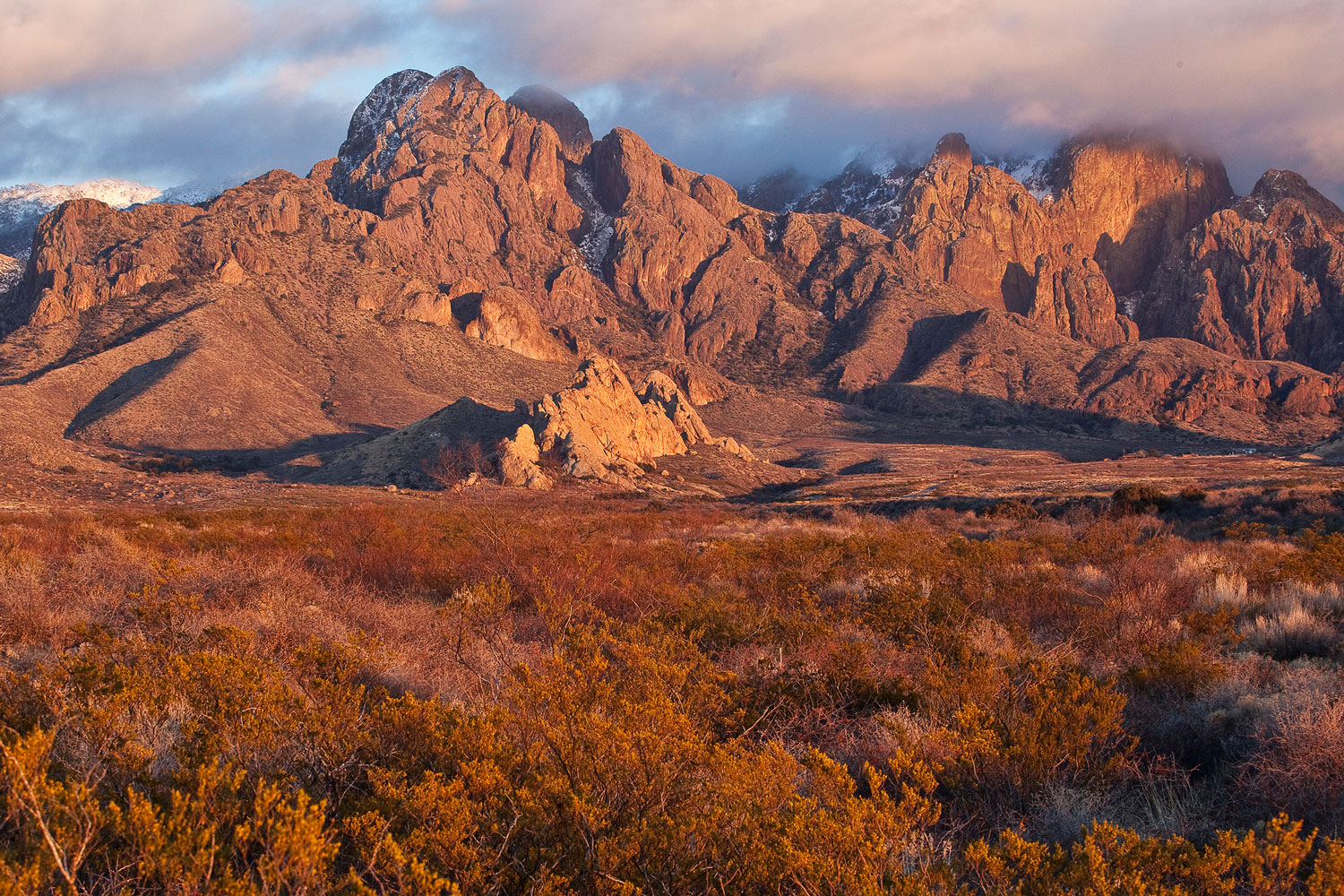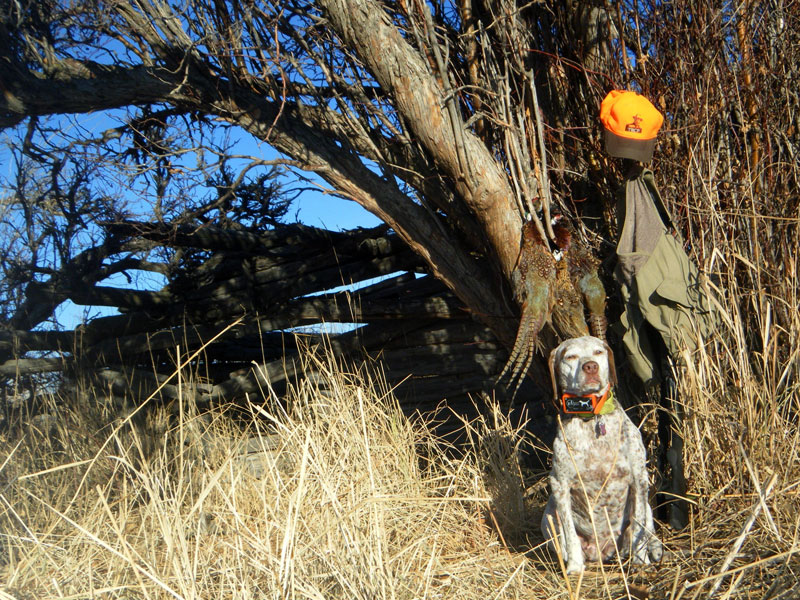Two bills up for committee vote are overt attempts to undermine public land ownership
UPDATE (June 15)
The House Natural Resources Committee, for the first time in history, passed legislation that would sell off millions of acres of our public lands. Rep. Don Young’s H.R. 3650, which would sell land for the primary purpose of timber production and not recreational uses, passed the committee with a 23-15 vote. The only Republican member who defended sportsmen’s rights was Congressman Ryan Zinke (R-Mont.). Listed below are the recorded results:
| NAY |
| Reps. Ryan Zinke (R-Mont.) |
| Raul Grijalva (D-Ariz.) |
| Grace Napolitano (D-Calif.) |
| Jim Costa (D-Calif.) |
| Gregoria Sablan (D-Northern Mariana Islands) |
| Niki Tsongas (D-Mass.) |
| Jared Huffman (D-Calif.) |
| Raul Ruiz (D-Calif.) |
| Alan Lowenthal (D-Calif.) |
| Matt Cartwright (D-Pa.) |
| Don Beyer (D-Va.) |
| Norma Torres (D-Calif.) |
| Debbie Dingell (D-Mich.) |
| Jared Polis (D-Colo.) |
| Lacy Clay, Jr. (D-Mo.) |
YAY |
| Reps. Rob Bishop (R-Utah) |
| Don Young (R-Alaska) |
| Louie Gohmert (R-Texas) |
| Doug, Lamborn (R-Colo.) |
| Rob Wittman (R-Va.) |
| John Fleming (R-La.) |
| Tom McClintock (R- Calif.) |
| Glenn Thompson (R-Pa.) |
| Cynthia Lummis (R-Wyo.) |
| Dan Benishek (R-Mich.) |
| Paul Gosar (R-Ariz.) |
| Raul Labrador (R-Idaho) |
| Doug LaMalfa (R-Calif.) |
| Jeff Denham (R-Calif.) |
| Paul Cook (R-Calif.) |
| Bruce Westerman (R-Ark.) |
| Garret Graves (R-La.) |
| Dan Newhouse (R-Wash.) |
| Jody Hice (R-Ga.) |
| Tom MacArthur (R-N.J.) |
| Alex Mooney (R-N.J.) |
| Cresent Hardy (R-Nev.) |
| Darin LaHood (R-Ill.) |
H.R. 3650 is an overreaching bill that would allow each state to buy and manage up to two million acres of National Forest System land. Most Eastern states—like Illinois for example, which only has 273,482 acres of NFS land—do not have two million acres of national forests land, leaving a high possibility that sportsmen could be unable to access their public land. Sportsmen contribute over $640 billion to the outdoor economy. We deserve to be represented correctly by our lawmakers.
—
ORIGINAL (June 14)
On Wednesday, the House Natural Resources Committee will vote on two bills that risk essential sportsmen’s access, quality fish and wildlife habitat, and economic balance for American communities. Since the bills were first debated back in February, sportsmen’s groups have been alarmed with Rep. Don Young’s H.R. 3650 and Rep. Raul Labrador’s H.R. 2316, which constitute overt attempts to undermine public land ownership.
“Make no mistake, these are the first votes on legislation that would legitimize the wholesale transfer or sale of America’s public lands, and sportsmen should be concerned with any ‘yea’ votes,” says Whit Fosburgh, president and CEO of the Theodore Roosevelt Conservation Partnership.
Young’s bill is sweeping in its impact, allowing states to select and acquire up to two million acres of national forest lands to be completely owned and operated by states and managed primarily for timber production. The Labrador bill would transfer management authority for up to four million acres of our national forests to state-appointed “advisory committees,” but incredibly, these officials would not be required to have any professional experience in forest management.
Hunting and fishing groups have been vocal in urging lawmakers to oppose these bad bills. “With so many opportunities to do right by American sportsmen and women—by encouraging better active management of forests or bigger investments in public land management agencies, for example—these bills are dangerously distracting and certainly represent an attempt to get a foot in the door for public land transfer,” says Ben Bulis, president of the American Fly Fishing Trade Association. “This is bad for fly shops, their customers, and the communities surrounding our national forests.”
“Our public lands system, which includes our national forests, is unique in all the world—it supports our $646-billion outdoor recreation economy, but not without the mandate to keep public lands accessible and to balance the needs of hunters, anglers, and other outdoor enthusiasts with the many demands on our natural resources,” says Fosburgh.
The TRCP is urging sportsmen across the country to contact members of the committee. Here’s the easiest way.
To learn more about efforts to transfer, sell off, or privatize public lands, click here.








The Labrador bill would transfer management authority for up to four million acres of our national forests to state-appointed “advisory committees,” but incredibly, these officials would not be required to have any professional experience in forest management.”
I’ve seen these “advisory committees”. Most of the people on them are “environmentalists” of some kind and have no experience managing a forest for timber, fire, natural systems, habitat or any other thing except for another special interest with no practical experience or application in anything other than that narrow interest. Often it is a viewpoint through a straw. Foresters are trained to look at all resources in a public resource management setting. They need to hear from all user groups.
As it is now, the US Forest Service is tied up in the “process”. IF a timber sale manages to get through the “process”, frivolous law suits call the decision in to question and by the time the proposal clears the courts the “process” needs to be gone through again.
As usual with the environmental industry, the end justifies the means. Tell lies and tie it all up in court.
So, I’m in favor of designated timber management lands being managed by the states, not given to the private sector or as private lands but managed to actually allow management, the kind that provides for all resources including timber and not just some perception of damage inferred by an ill informed special interest group that is ultimately really only against timber harvest of any kind.
So 30 years from now when these states need to balance their budgets, they’ll sell these lands to the highest bidder. Most likely companies from China or Saudi Arabia. I hope these representatives are still around when my children are looking to kick someone in the nuts.
This debate always seems to focus on dollars, tax dollars, dollars floating the economy, who can extract the most dollars from the lands we hold in common. Public Lands are much more than the almighty dollar. OUR lands represent a legacy passed from generation to generation as a place to enhance our lives. Public lands are part and parcel of the lifestyles of people who live near them. We have invested together for decades to keep those lands “in the family”. We have collectively labored to keep those lands intact physically and ecologically to benefit our children and theirs. Those who debate this issue based on money simply do not get it. Those who support these land transfer efforts simply are out of touch with what these lands mean to the people of this country. Some are fortunate to transfer the farm or ranch and the lifestyle they support to their descendents. All of us are fortunate to pass our minute share of public land to our descendents. It is a legacy we have cared for, protected and deserve to pass to our children and theirs, in perpetuity. We are passing on a lifestyle, much more important to our descendents that cannot be purchased with the dollar.
This reflects the pseudo sportsmen Rep. congressman selling out to timber interests. Only the Dems opposed it. When will sportsmen learn who has their back!
For the first time I am ashamed that I am a Republican. I cannot believe that so many Republicans sold us out. This is a first step in a massive land grab to enable states to sell our public lands to private owners.
Somehow, I don’t think that this is what John Muir and Teddy Roosevelt had in mind for future generations…..
Public lands are OURS! The congress does not own them and they are not authorized to sell them. They should be a sanctuary for wild horses, burros and other wildlife. Not for commercial use.
I don’t see NY listed… does that mean an abstention?
Good question, Jennifer. NY does not have a representative on the House Natural Resources Committee, but be sure to check out how your New Jersey neighbors’ congressman voted and stay tuned for a full House floor vote. That’s the next step in making this policy law.